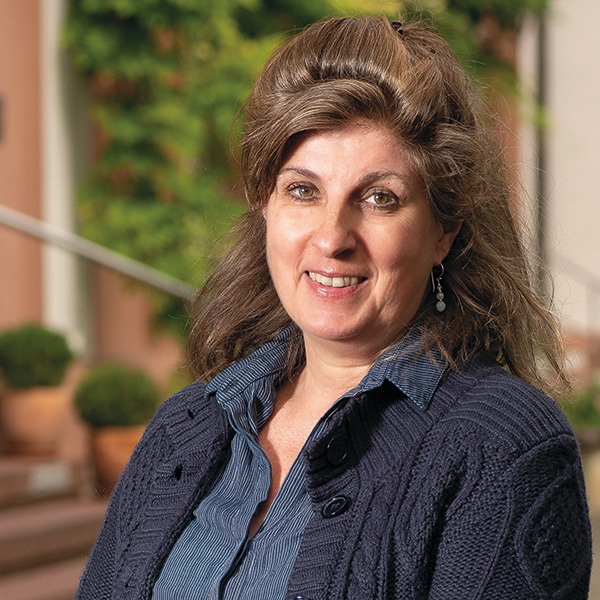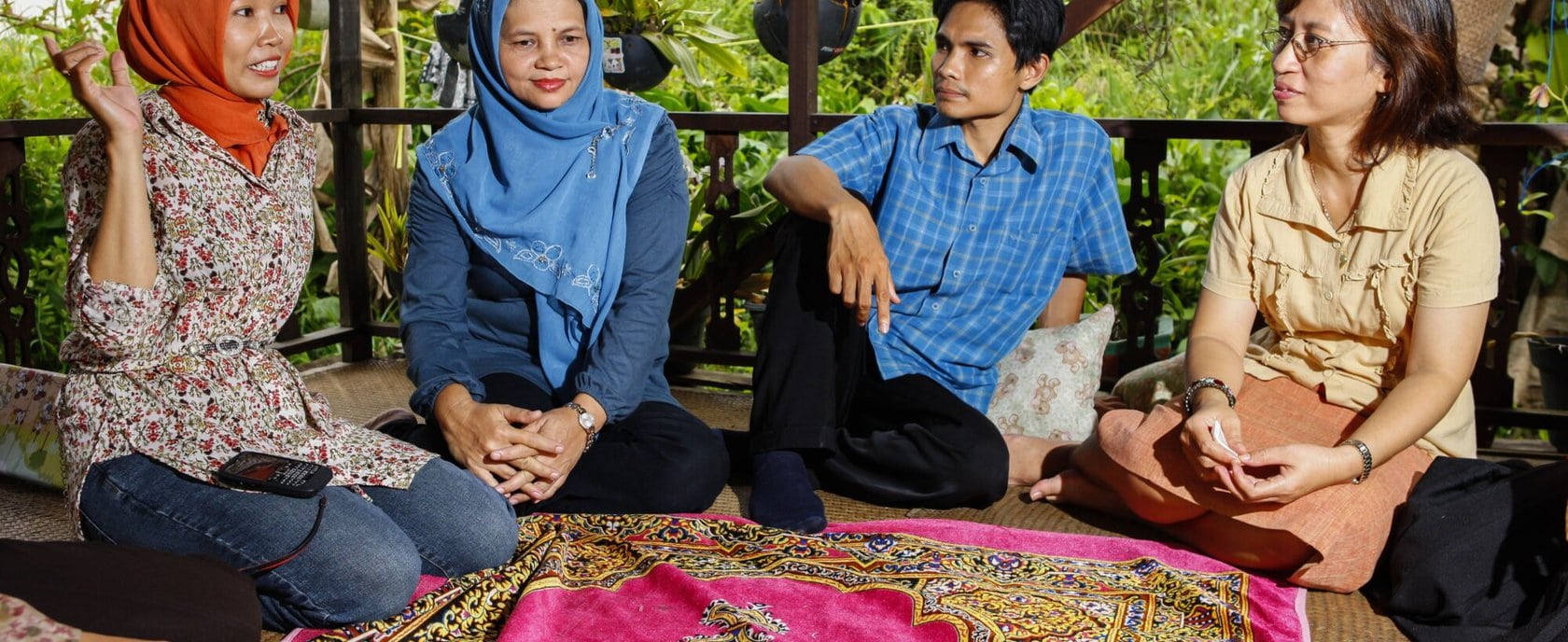
Jacqueline Brunner
Responsible Church Partnerships
Tel. 061 260 23 37
► E-mail

Project Number: 225.1007
The project aims to empower people in Indonesia to build peaceful and equal relationships across religious boundaries, to work together to prevent violent conflict and to disempower fundamentalist groups. Among other things, the project promotes interfaith continuing education programs and youth encounters, teacher training geared toward tolerance and diversity, and so-called peace villages. Interdenominational networks and their campaign work at both local and national level help to curb the potential for conflict and violence and build positive relationships.
In particular, young people and young leaders within the sphere of influence of our partner organizations are empowered to build nonviolent and equal relationships across ethnic and religious boundaries, to launch their own interfaith initiatives, to prevent violent conflicts, and to mitigate the potential for violence in situations of violence and conflict at various levels.
The beneficiaries are selected by Mission 21's partner organizations, which are very well rooted in society. Attention is paid to participation from different religious communities, especially those not known for openness and tolerance, and special support for women. The prevailing patriarchal culture and a conservative understanding of religion often mean that the involvement of women in the public sphere and project activities is widely regarded as taboo.
In 2023, a total of 2,377 project participants (50% women and girls) took part in the interfaith activities on understanding human rights, conflict transformation and non-violent approaches. The Wahid Foundation promotes a tolerant view of Islam and stands for pluralism, multiculturalism, democracy and human rights
a. As part of the Peace Village program initiated in 2017, they empower young people, especially young women of different religious affiliations, to act as initiators for social justice and tolerance in their communities and convince their villages to introduce peace-building measures. The Wahid Foundation works together with LK3 and the GKP, both of which are also partner organizations of Mission 21.
The Fahmina Institute is also committed to progressive Islam and interreligious dialog. On the one hand, by strengthening the commitment of religious leaders who actively promote tolerance and peace within and outside their communities. On the other hand, by training young Muslim, Christian and Buddhist people in Ciberon and the surrounding area to become peace activists. The grassroots community initiative is growing steadily and the activists are becoming increasingly independent. Without the support of the Fahmina Institute, they are organizing activities such as meeting spaces and visiting each other at religious ceremonies. Last year, the Fahmina Institute particularly supported the exchange between the young peace activists and the district governments.
The PGI as a religious organization representing the majority of Christians in Indonesia, continued to focus its projects and activities in 2023 on promoting issues such as diversity, peace and combating violence against women. Its long-established "Seminar of Religions" in collaboration with indigenous communities promoted understanding and empathy for other religions. The TAB program for interfaith dialogue and cooperation has become a central pillar of the PGI's activities and reaches many young people throughout Indonesia in particular. In 2023, it was even held twice due to high demand.
The project activities of the Christian Pasundan Church also focus on the same topics GKPaimed at young people in the province of West Java. In the new program phase from 2022, the GKP has also started to set up a peace village program - with great success. Leaders from religious communities, politics and village communities support the activities of the young peace promoters. This commitment has therefore been extended to other villages. The GKP's interfaith youth camp is becoming more and more established. In recognition of this important work in the field of peacebuilding, GKP received the "Intercultural Achievement Award 2023" from the Austrian Embassy in Jakarta.
CHF 104,075
Mission 21
Protestant Mission Basel
PO Box 270
Missionsstrasse 21
4009 Basel, Switzerland
Tel.: +41 (0)61 260 21 20
info@mission-21.org
Donation account Switzerland:
IBAN: CH58 0900 0000 4072 6233 2
Tax exemption number:
CHE-105.706.527
Donation account Germany:
Savings Bank Lörrach-Rheinfelden
Swift BIC: SKLODE66
BLZ: 683 500 48
IBAN: DE39 6835 0048 0001 0323 33
Account No. : 1032333